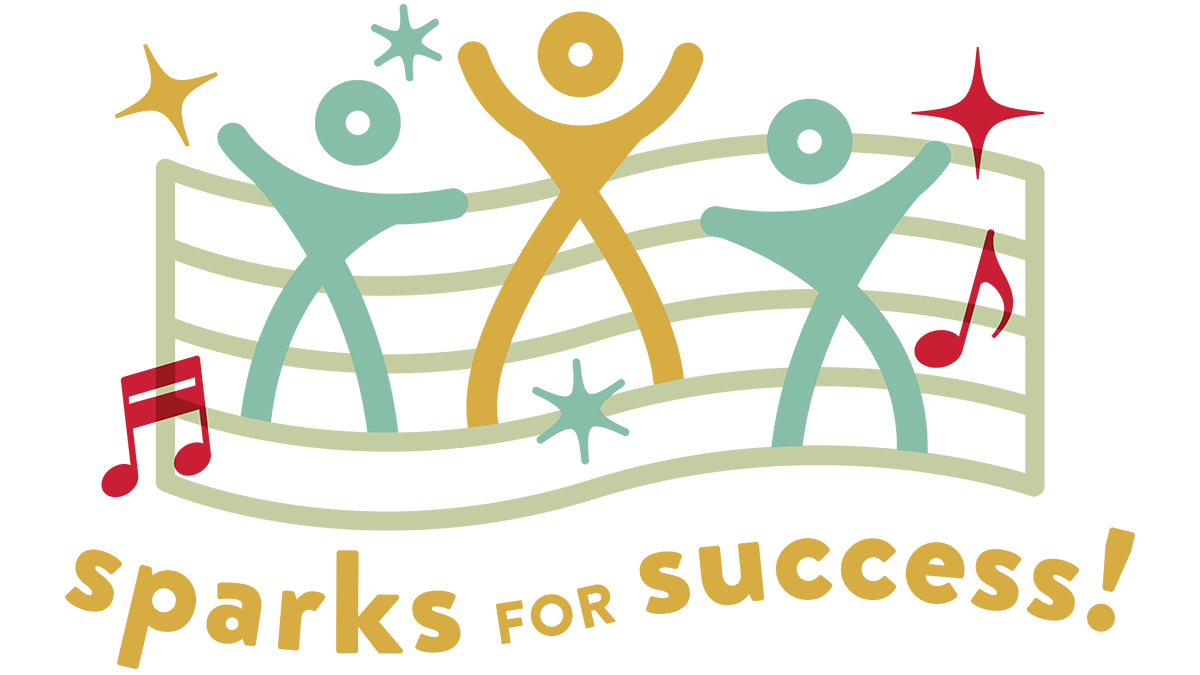July is a time for barbecue, fireworks, and celebrating the last of summer before school begins. However, the summer can be extra stressful for many children of inmates. While out of school, they are regularly surrounded by difficult home environments and lack the structure of the school day and positive influences like music therapy.
Why Minority Mental Health Month?
July is also Minority Mental Health Month, which was was founded in 2008, two years after the passing of Bebe Moore Campbell, a Black American author, journalist and advocate for mental health equity as a result of her own daughter’s struggle with mental illness. Minority Mental Health Month recognizes and seeks to reduce the stigma and additional challenges that people from historically marginalized communities may face when seeking to maintain or improve their mental health.
Some common reasons why people from diverse ethnic groups might not want to seek out treatment for mental health (including families of children with incarcerated parents) can include:
- Lack of income or health insurance
- Reduced availability of treatment or proximity to mental health resources
- Stigma from their communities
- Logistical issues, such as childcare, work schedules or reliable transportation to mental healthcare facilities
How Does Sparks Contribute to Minority Mental Health?
Sparks for Success is committed to fostering the well-being of children of incarcerated parents in Central Texas, most of whom are from communities of color, through providing access to free music therapy sessions in Title 1 schools. These sessions occur primarily during the school day and aim to help kids learn important social emotional learning (SEL) skills, such as taking turns or appropriate emotional expression.
While it can be easy to take these SEL skills for granted, many children of inmates haven’t received this kind of instruction or had positive reinforcement in their home environments for utilizing such skills. Many times, their peer groups actively encourage negative behaviors such as talking back, stealing, physical aggression, or getting revenge. These behaviors can lead directly to negative outcomes such as bullying, gangs, drugs, school suspension or juvenile detention, dropping out of school, and getting into trouble with the law, ultimately reinforcing the cycle of generational incarceration and poverty.
But there’s another way. In 2023-2024, Sparks served 93 students in 15 Central Texas schools, who comprised the following demographics:
- Latino/a = 62%
- Black = 27%
- Other (White, Asian, multi-racial) = 11%
During music therapy, the kids learn how to make positive choices and that their choices have an impact on themselves and others. Over time, they come to understand that doing the right thing will be rewarded and benefits others as well. In the long run, their mental health affects the health of all – if they thrive, so do their communities. When their communities thrive, the surrounding areas also benefit financially and socially.
Your support makes a difference by helping Sparks provide these kids with mental health and coping skills through music therapy. These skills help them develop not only ways to handle daily challenges, but also hope that they can move beyond the generational poverty and incarceration so commonly found in their communities, and that they can take with them for the rest of their lives.
https://www.nami.org/get-involved/awareness-events/bebe-moore-campbell-national-minority-mental-health-awareness-month/about-bebe-moore-campbell-national-minority-mental-health-awareness-month/
https://www.nctsn.org/resources/public-awareness/national-minority-mental-health-awareness-month

